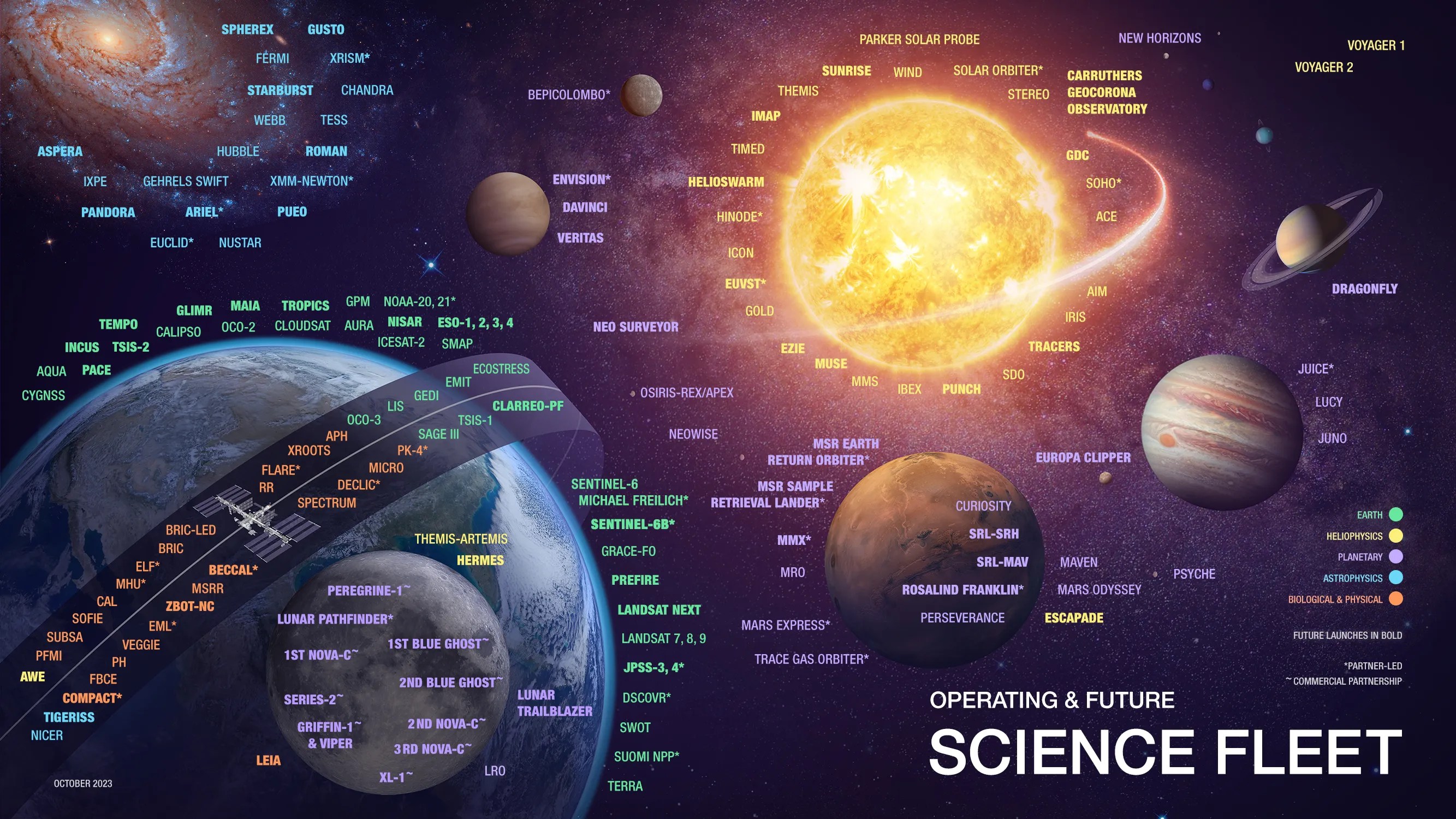The Understanding of Science derives from Outside the Classroom

As you might have noticed from my posts here on Big Think already but certainly when you have read some of my other publications, I am an advocate for the revaluation of informal learning in our society. In my opinion it’s about time to rethink this importance of learning outside of our academic careers as we are living in a globalized world where access to an ever growing amount of information is basically free wherever you may live (with still some limitations admittedly), at what age you are and we all consume more information on a daily basis.
The National Science Foundation did a lot of research on the field of informal learning over the past years and according to their surveys a big deal of what the public knows about science actually has been learned outside of the formal classroom environment.
Together with the Smithsonian Institute, the MIT have now developed a science game for middle school students called “Vanished”. The plot has everything to capture the imagination of students in that age group as they will receive a message from the future giving the students of today the task to find out why all historical records of the human civilization have been lost in the future. The story will then unfold like a narrative over two months.
You can learn more about the game that started on April 4th with over 5000 students participating at the MIT News site. The idea behind the game resonates with my post from Tuesday about game design and lesson design. Scot Osterweil from the MIT states that
“As game designers we’re convinced that game playing is a lot like science: There is problem-solving, exploration, collaboration, hypothesizing, testing and learning from your failures.”
Furthermore the MIT researchers want to show the students that “in asking questions and hunting for information, they are performing tasks central to science.”
Kids and young adults are known for their patience when it comes to gaming, trying to solve tasks, achieving better scores etc. I have always asked myself why there are not more educational aspects in popular games, yes, even in first person shooters based on WW2. Instead of having short video sequences in between the missions, why not ask the player facts about the war? What happened this year, why are we here, who is this General, what did he accomplish etc.
If the player performed better than the average he might get a higher rank, could command more soldiers, would receive a medal etc. I am pretty sure, the probability a big group of those players would become experts in WW2 history is quite high.
This could then spread on other game types like Civilization or Age of Empires. In addition to building cities and conquering other nations, players could actually replay the rise of Alexander the Great or Julius Cesar, take the right decisions in order to win over the empire.
Picture: MIT – Vanished





